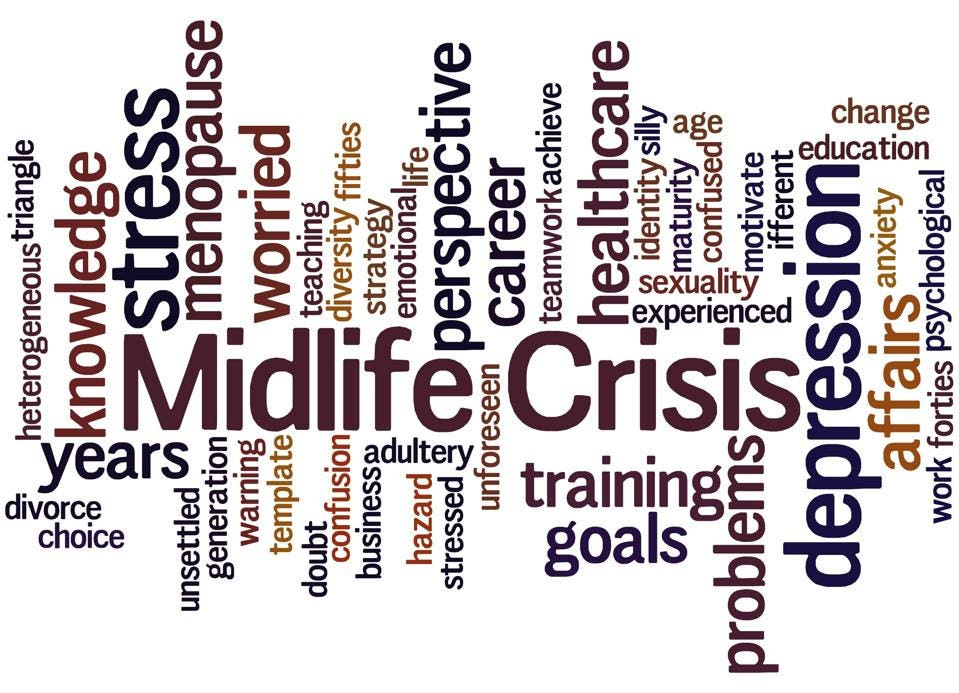Longer lives mean more transitions – both personal and professional. As individuals start to acknowledge and integrate this reality into lives that are not only longer but also healthier, there is a parallel explosion of programs and services supporting and normalising personal and professional shifts in midlife. While this is happening around the world, and in the US, the country where the trend is most developed – and actively supported and encouraged by government – is the UK. A range of offerings are now on offer, both inside large organisations (mostly insurance companies), but also from a raft of private sector and non-profit providers. Here’s a guide to who they are now.
The spread is accelerating in large part because the struggling UK economy needs talent. After the pandemic, half a million older workers (aged 50-69) still haven’t returned to employment, opting for early retirement instead, for reasons still being hotly debated. The UK’s low unemployment rate of 3.7% leaves employers scrabbling for talent in order to maintain or grow their business.
The government has called for generalising Midlife MOT programmes (MOTs are what the British call their annual car check-ups), to prepare midlifers for shifting motivations and workplace realities. But first, they must want to. “The right advice, information and support needs to be in place to get to the first step,” says Naomi Phillips, Deputy Chief Executive of the Learning & Work Institute, “getting people to see that career change is possible.”
Who’s Behind the Trend?
Midlife MOTs were first launched by insurance company AVIVA for their own employees, to review their ‘work, wealth and wellness’ in preparation for the longer lives the actuarial tables were insistently predicting. Other insurance companies, like Phoenix Group, the UK’s largest long-term savings and retirement business, have followed their lead. The Government is now also promoting Midlife MOTs ‘for all’ on its own website.
At the same time, a raft of firms have added to the offering, reflecting both existing market and talent pressures, but also the potential of the longevity economy and the multiple need for services tailored to the 50+. These firms focus on a wide range of emerging needs, with programmes dedicated to everything from women returning to work after career breaks, to professionals moving into teaching, to career advice tailored to the 50+. They work with both individuals and organisations and together are creating a whole new ‘midlife sector.’
To accelerate the support of longer careers and working lives, insurance company Phoenix Group (and their longer lives think-tank, Phoenix Insights, headed by Catherine Foot) has brought together a coalition of the different providers listed here. Reunited under a single website, Careers Can Change, it aims to facilitate and filter services to make them easier for organisations to find and use. The campaign aims to spark change by inspiring people to see that careers can change – at any age and stage. “We are encouraging people to take active control of their careers to ensure that these changes happen with their control and on their terms,” explains Catherine Foot. “We want people to know that it’s never too late.”
#CareersCanChange Coalition - What They Do
Below is a list of the firms in the Careers Can Change coalition, what they do, and some of the insights they have gained from their work with the expanding midlife community of career shifters.·
Keep reading with a 7-day free trial
Subscribe to Elderberries to keep reading this post and get 7 days of free access to the full post archives.








